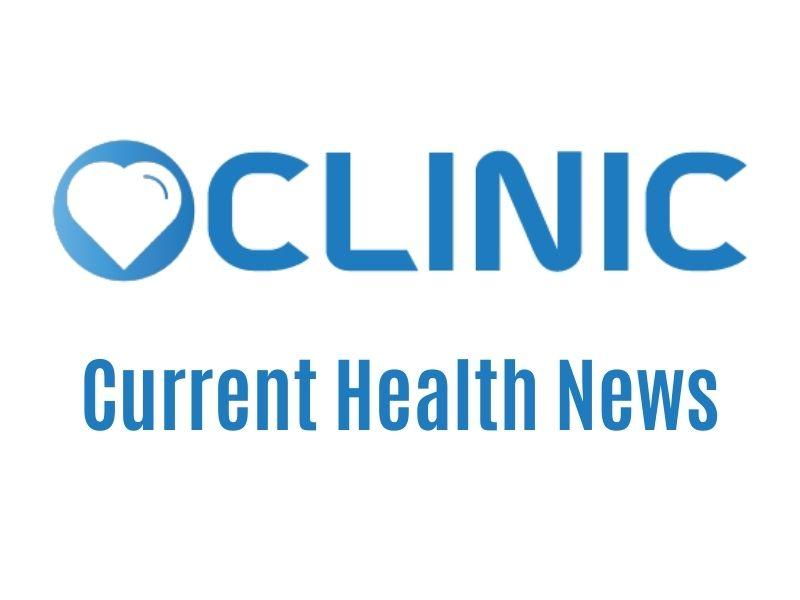PREGNANCY AND PREGNANCY NUTRITION
NUTRITION IN THE PREGNANCY PERIOD
Pregnancy is a natural process involving many physiological changes for women. In this process, there are many factors affecting maternal and infant health, and the most important one is adequate and balanced nutrition. The diet of women before and during pregnancy affects the course of pregnancy.
In the pre-pregnancy period, the mother:
– If he has a chronic disease, he should eat appropriately and reduce the dose of medication by consulting with his doctor,
– Optimizing body weight,
-Should stop using alcohol, smoking and substance use.
Folate deficiency in women in the pre-pregnancy period causes neural tube defects (NTD) in the fetus, including spina bifida and anencephaly. It has been proven that folate supplementation before pregnancy and during organ development in women with low folate levels can prevent NTD to a large extent (70%).
In order to prevent NTD, all women of childbearing age who are planning to become pregnant should take 400mcg/day folic acid in total as diet and supplement, and 600mcg/day folic acid until the 12th week after conception.
NUTRITION DURING PREGNANCY
Adequate and balanced nutrition is of great importance in order to meet the increased requirements by adding additional fetal metabolism to the mother’s metabolism during pregnancy. Therefore, the diet to be applied during pregnancy:
– It should meet the physiological needs of the mother,
– Keep the mother’s nutrient stores in balance,
– It should provide fetal growth and development,
– Prepare for lactation (breastfeeding period) and meet the energy and nutrients of the milk to be secreted,
– Pregnancy complications (gestational diabetes, gestational hypertension,
macrosomia and low birth weight).
In order to reduce vomiting and nausea during pregnancy, small amounts of food should be consumed at frequent intervals, fried, spicy and high-fat foods should be avoided; Dry and salty foods such as lean toast, saltine crackers, vitamin B6 and ginger also help reduce the symptoms of nausea and vomiting.
Another symptom seen during pregnancy is reflux and heartburn. In order to prevent reflux, a small amount of frequent meals should be consumed, one should not lie down immediately after a meal, lie down with the head slightly elevated, and avoid caffeine, chocolate and acidic foods.
During pregnancy, B group vitamins, folic acid, iron, iodine and zinc supplements should be taken.
Consumption of fish during pregnancy has advantages as well as disadvantages (such as contamination of heavy minerals and negative effects of these minerals on fetal brain development by passing through the placenta). Therefore, it should be consumed carefully and adequately.
Herbal and herbal teas should be restricted as they can have a drug-like effect on the body. Herbal teas such as orange peel, mint leaves, rosehip, ginger and raspberry leaves can be consumed daily in 2-3 cups, but chamomile, watermelon, mulberry, bay, marshmallow, chicory, senna tea should not be consumed during pregnancy. In addition, herbal foods such as black-green tea, coffee, cocoa should be used with caution as they contain caffeine.
DIETICIAN BUSRA ŞAHİNER

